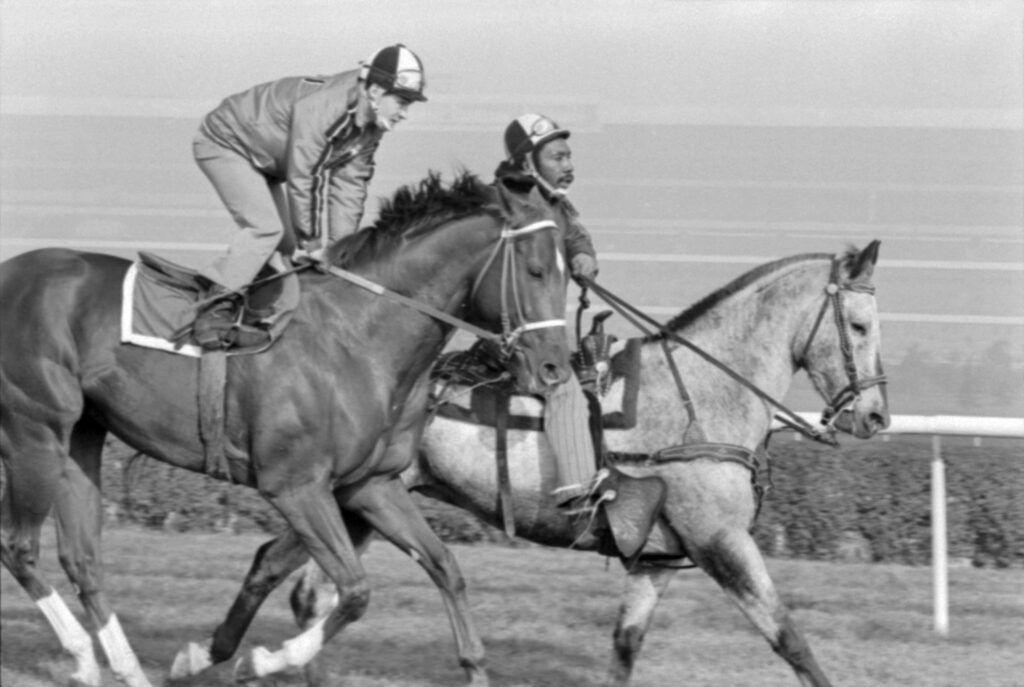Throughout history, horses have been more than mere animals to humans – they have been companions, workers, warriors, and symbols of status. The names we give these majestic creatures often reflect deep cultural values, historical significance, or simply the affection we hold for them. From ancient Arabic traditions to modern Western stables, horse naming carries meaningful traditions that have evolved over centuries. These names often tell stories about the animal’s appearance, temperament, or the hopes their owners have for them. Understanding the etymology and cultural context of popular horse names offers fascinating insights into our relationship with these beloved animals across different societies and time periods.
Ancient Arabic Horse Naming Traditions
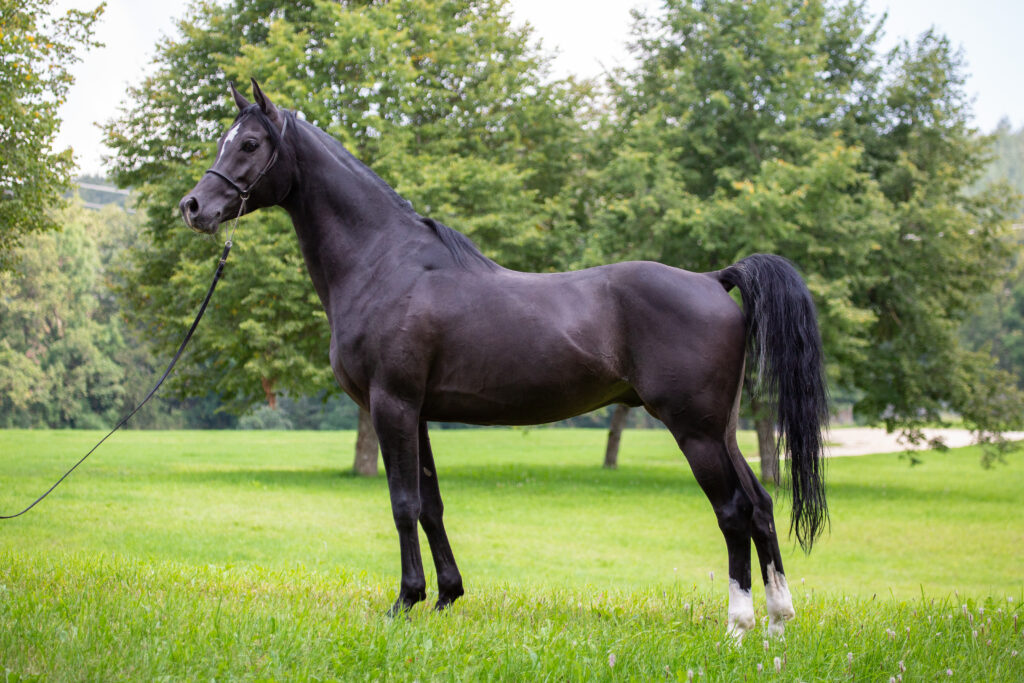
Arabic culture has perhaps the most elaborate and poetic tradition of horse naming in the world, dating back thousands of years. The Arabian horse, one of the oldest and most influential breeds, was often given names that reflected strength, speed, and beauty – qualities highly prized in desert environments where horses were essential for survival. Names like “Faras” (meaning simply “horse” but carrying noble connotations), “Sarab” (mirage), and “Riyah” (winds) evoke the swift movement and ethereal beauty of these animals. Arabian naming traditions often included references to natural elements like fire, wind, and stars, emphasizing the horse’s spiritual connection to the natural world. These naming conventions spread throughout the Islamic world and influenced horse naming practices across North Africa, the Middle East, and parts of Europe.
European Royal Stables and Their Naming Conventions
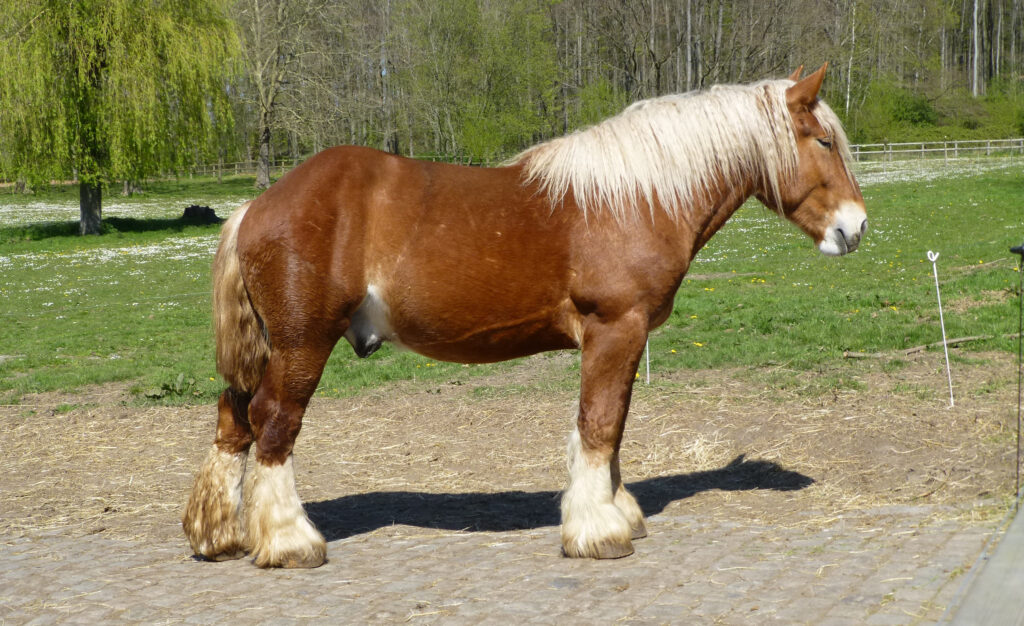
European nobility developed their own distinct traditions for naming prized horses, often reflecting the aristocratic values of their societies. In medieval and Renaissance courts, horses might be named after classical heroes or mythological figures, such as “Alexander,” “Caesar,” or “Pegasus,” linking the animal to legendary tales of greatness. Royal stables typically preferred names that conveyed power, nobility, and classical education, serving as another way to display the owner’s sophistication and wealth. By the 18th and 19th centuries, names like “Wellington,” “Victoria,” and “Napoleon” became popular, honoring contemporary military heroes or monarchs. These European naming traditions emphasized the horse’s role in courtly and military life, where the animal was both a practical necessity for warfare and a symbol of aristocratic identity.
Native American Horse Naming Practices
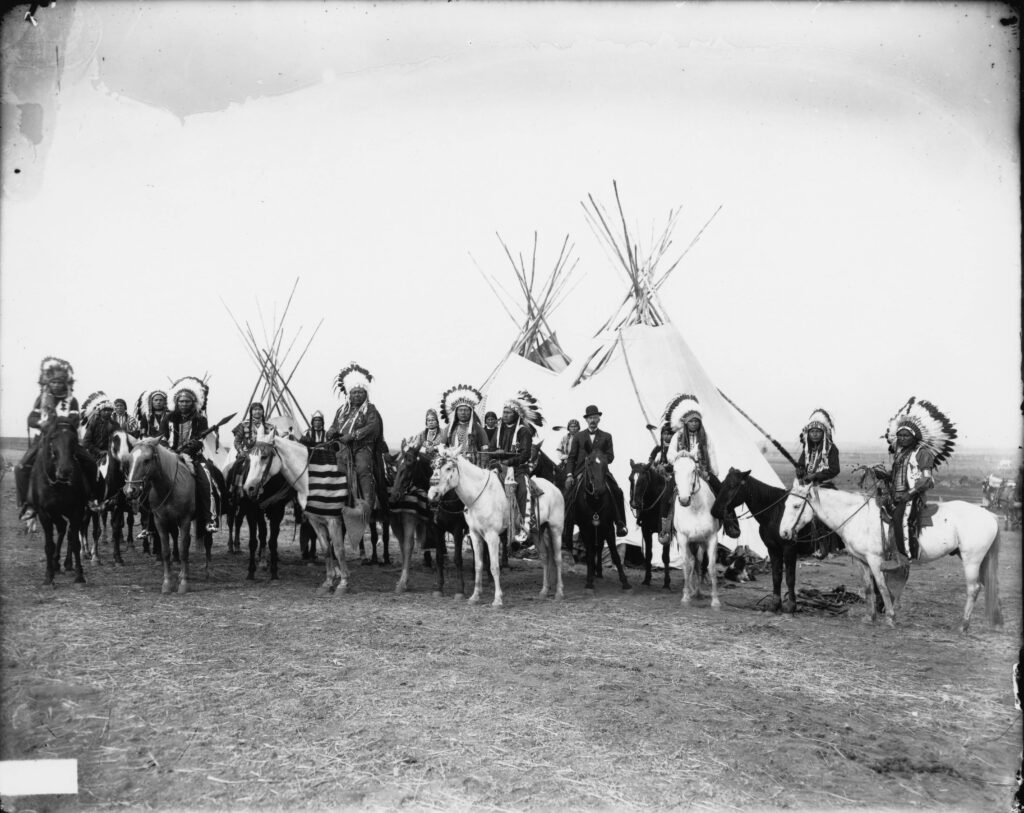
When horses were reintroduced to North America by European colonizers, Native American tribes quickly developed deep relationships with these animals, reflected in their thoughtful naming practices. Tribes like the Comanche, Lakota, and Apache often named horses based on distinctive physical characteristics or notable incidents – names like “Red Cloud,” “Three Socks” (for a horse with three white legs), or “Storm Bringer.” Unlike European traditions, Native American horse names were typically descriptive rather than aspirational, focusing on the individual animal’s unique traits or experiences. For many tribes, horses were considered spiritual beings with individual personalities worthy of names that honored their specific character. These naming traditions reflected the profound spiritual and practical importance of horses in Plains Indian cultures, where the animal revolutionized hunting, warfare, and transportation.
Contemporary Western Sport Horse Names
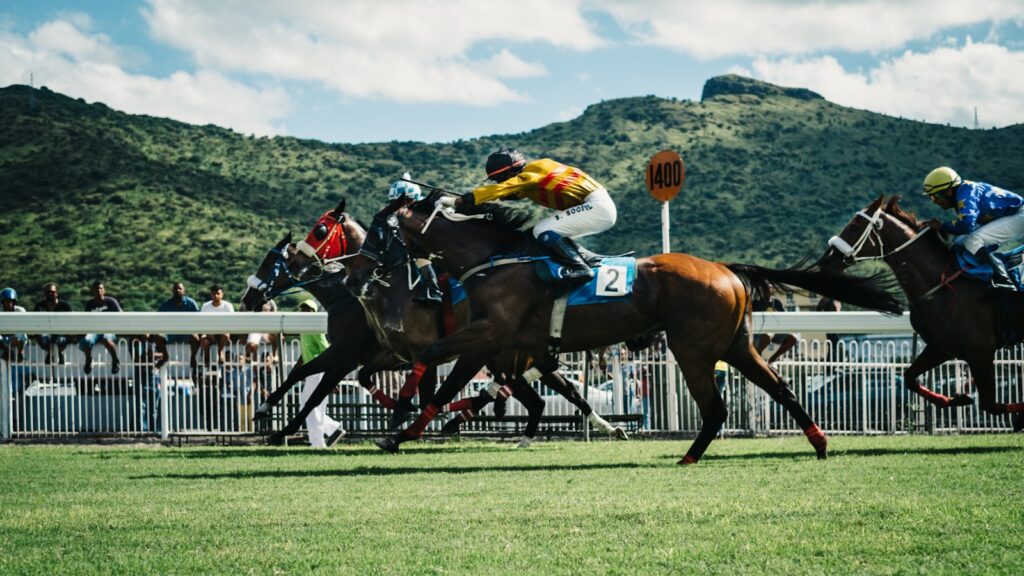
In modern Western competitive equestrian circles, naming conventions often follow registry rules while allowing for creativity and marketing potential. Thoroughbred racing has particularly distinctive naming practices, with names like “Secretariat,” “American Pharoah,” and “Seabiscuit” becoming household names beyond the racing world. These names must be approved by registry organizations and typically cannot exceed 18 characters, creating a challenge that has led to clever wordplay and creative combinations. Show jumping and dressage horses often receive elegant, sophisticated names that convey grace and refinement, such as “Valegro,” “Totilas,” or “Milton.” Many competition horses have both registered “formal” names and everyday stable names – for example, the Olympic champion “Valegro” was simply called “Blueberry” by his rider Charlotte Dujardin in daily life, showcasing the dual identity many modern sport horses carry.
Popular Color-Based Horse Names Worldwide
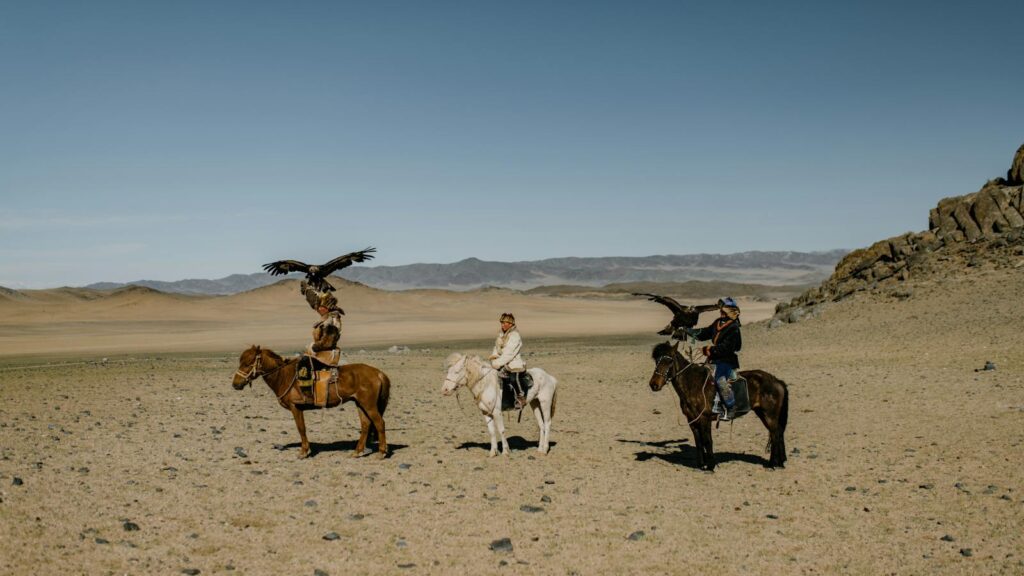
Across virtually all cultures, a horse’s coloration has been one of the most common inspirations for naming. Names like “Blackie,” “Blaze,” “Palomino,” or “Roan” directly reference the animal’s coat color or distinctive markings, creating an immediate visual association. This practical naming convention transcends cultural boundaries and appears in stables from Mongolia to Argentina, providing a functional description that helps identify individual animals. In many languages, color-based names gain poetic qualities through cultural associations – “Midnight” for a black horse suggests mystery and depth, while “Flame” for a chestnut conveys energy and spirit. Color-based naming remains one of the most enduring and universal traditions in equine culture, providing names that are both practical and evocative of the animal’s appearance.
Japanese Horse Naming Traditions
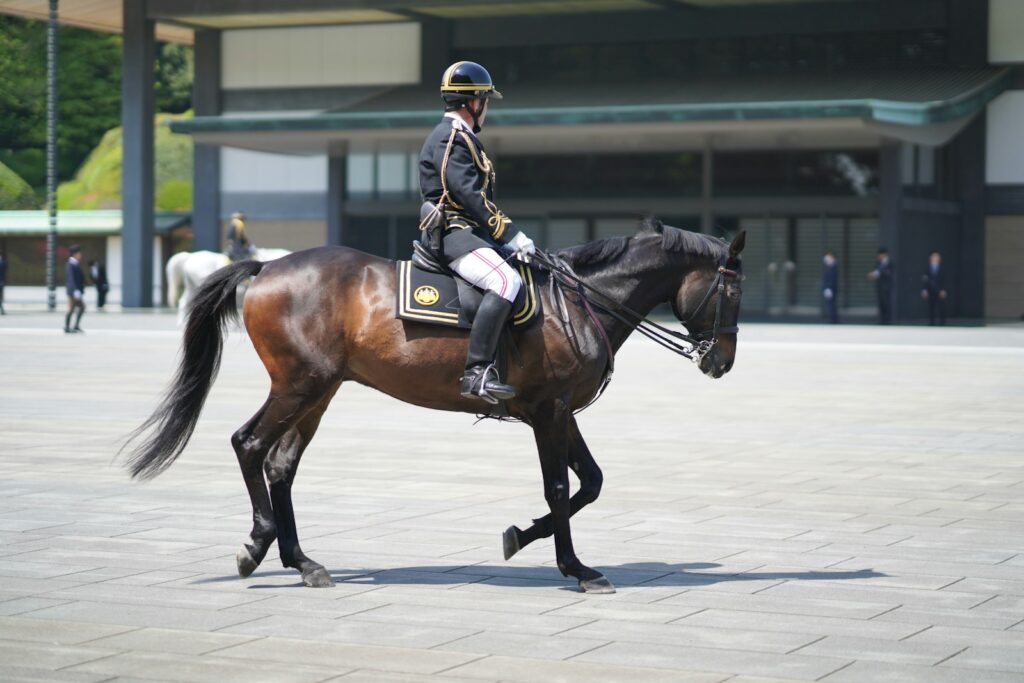
Japanese horse naming traditions reflect the culture’s emphasis on harmony, natural beauty, and poetic expression. Traditional Japanese horse names often incorporate references to nature, such as “Kaze” (wind), “Hana” (flower), or “Yuki” (snow), creating evocative images that celebrate the animal’s connection to the natural world. In modern Japanese racing, names frequently combine meaningful kanji characters to create auspicious meanings related to success, strength, or perseverance. Historical names for samurai war horses often included references to military virtues or legendary warriors, honoring the horse’s role in Japan’s martial traditions. Today, Japanese racing regulations permit names in kanji, hiragana, katakana, or romanized letters, allowing for a rich variety of meaningful names that carry cultural significance.
Russian and Eastern European Horse Names
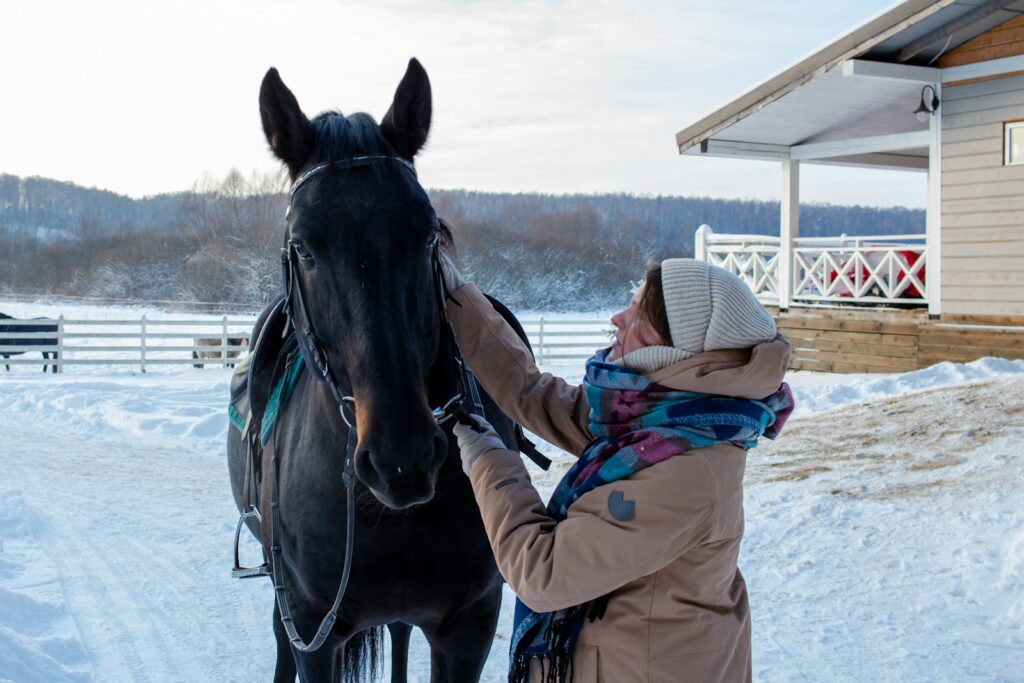
Russian and Eastern European horse naming traditions reflect the region’s complex history of horsemanship, from steppes nomads to cavalry traditions. Names like “Orlik” (eagle), “Burya” (storm), and “Veter” (wind) convey power and natural force, qualities prized in horses bred for the harsh conditions of the Eurasian steppes. Russian imperial stables often gave horses names that reflected nobility, military prowess, or classical references, similar to Western European traditions but with distinctive Slavic influences. In Cossack traditions, horse names might honor famous military campaigns or battles, creating a living memorial to historical events. Modern Russian and Eastern European stud farms continue many of these naming traditions while also incorporating contemporary cultural references, creating a blend of historical reverence and modern sensibilities.
Latin American Horse Naming Conventions
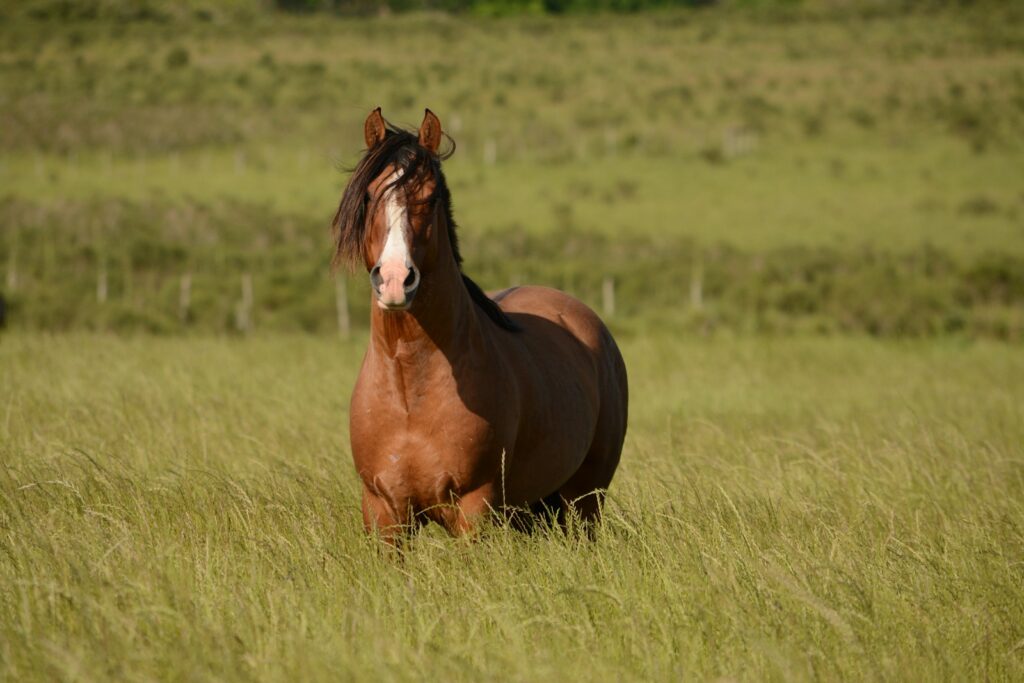
Latin American horse cultures blend indigenous traditions with Spanish colonial influences, creating distinctive naming practices across the region. In countries like Argentina, Chile, and Mexico, horses might receive names reflecting their roles in ranch work, such as “Trabajador” (worker) or “Amigo” (friend), emphasizing the close partnership between humans and horses in cattle culture. Names referencing celebrated historical figures, like “Bolívar” or “Zapata,” connect horses to national identity and revolutionary heritage across the region. In Brazil’s Mangalarga Marchador tradition, horses often receive Portuguese names related to nobility, nature, or positive qualities, reflecting the breed’s aristocratic heritage. These naming traditions highlight the horse’s central role in Latin American cultural identity, from the cattle-working traditions of the gaucho to national parades and celebrations.
Irish and Celtic Horse Naming Traditions
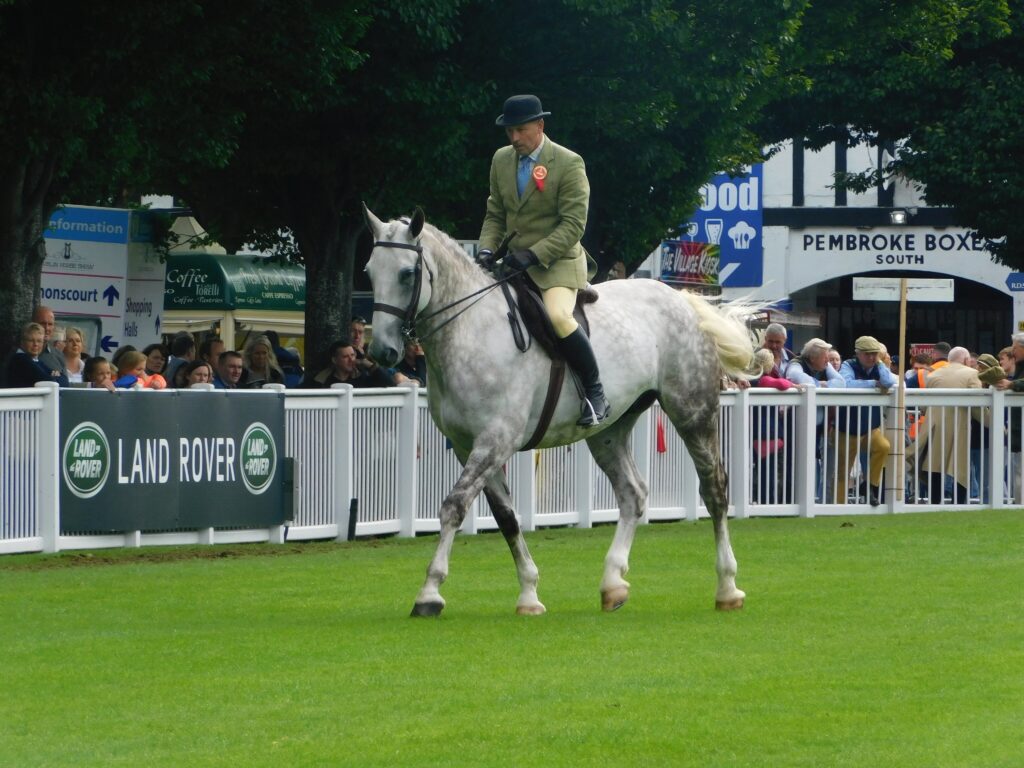
Ireland’s deep connection to horses has produced distinctive naming traditions that draw on the island’s rich mythology and language. Names from Celtic mythology like “Macha,” “Enbarr,” or “Aonbarr” connect modern horses to legendary steeds that carried heroes and gods in ancient tales. Irish Gaelic words for natural elements—”Tonn” (wave), “Tine” (fire), or “Gealach” (moon)—provide evocative names that connect horses to the dramatic Irish landscape. In modern Irish racing, names often incorporate Gaelic words or references to Irish folklore, creating distinctive identities that celebrate cultural heritage. These Celtic-inspired names have spread beyond Ireland to influence naming practices in other parts of the world, particularly in breeds with Irish origins like the Connemara pony.
Australian and New Zealand Horse Names

Down Under, horse naming often reflects the distinctive outdoor culture and history of the region. Australian stockmen traditionally gave horses practical, sometimes humorous names that reflected their work in the outback, such as “Dusty,” “Rusty,” or “Matilda,” creating a naming tradition distinct from European formality. Names referencing native Australian and New Zealand landscapes, flora, and fauna—”Waratah,” “Kiwi,” or “Billabong”—celebrate the unique environment where these horses live and work. Racehorses from Australia and New Zealand frequently receive names that play on local slang or cultural references, creating identities that resonate with local audiences. These Antipodean naming traditions often reflect a more casual, pragmatic approach to horse naming that celebrates regional identity while maintaining a sense of humor.
Chinese and East Asian Horse Naming
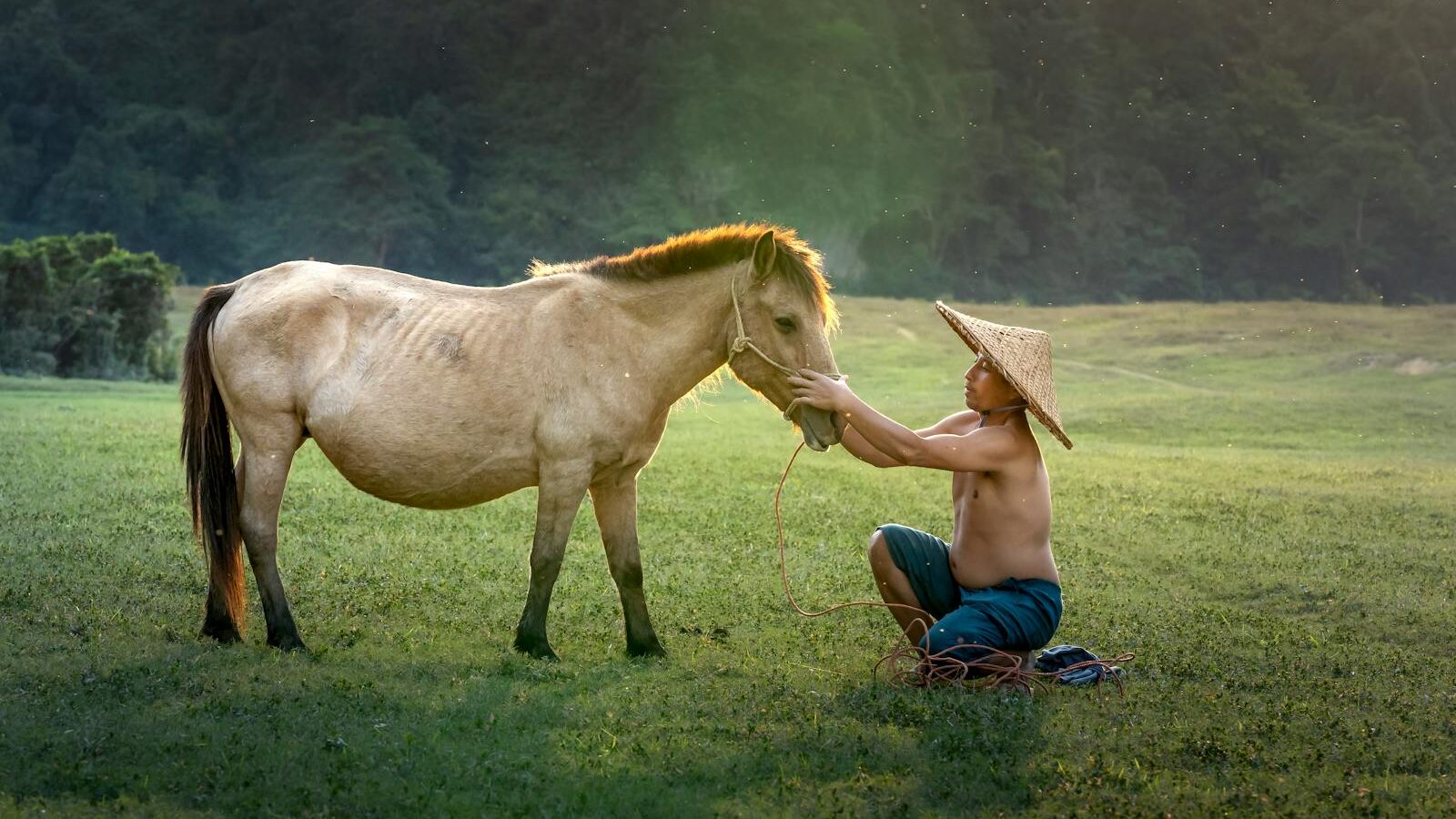
Chinese horse naming traditions date back thousands of years and often incorporate auspicious symbols and meaningful characters. Names like “Longma” (dragon horse) reference mythological creatures that combined the power of dragons with the form of horses, symbolizing extraordinary ability and good fortune. Imperial Chinese stables frequently named horses after celestial bodies, virtuous qualities, or poetic descriptions of their appearance, creating names of literary and philosophical significance. Modern Chinese horse names, particularly in racing, often combine characters that suggest speed, strength, and victory, creating names intended to bring good fortune to the animal. These naming traditions have influenced other East Asian cultures, particularly Korea and Vietnam, where similar emphasis on auspicious meanings and poetic qualities appears in traditional horse naming.
Global Modern Trends in Horse Naming
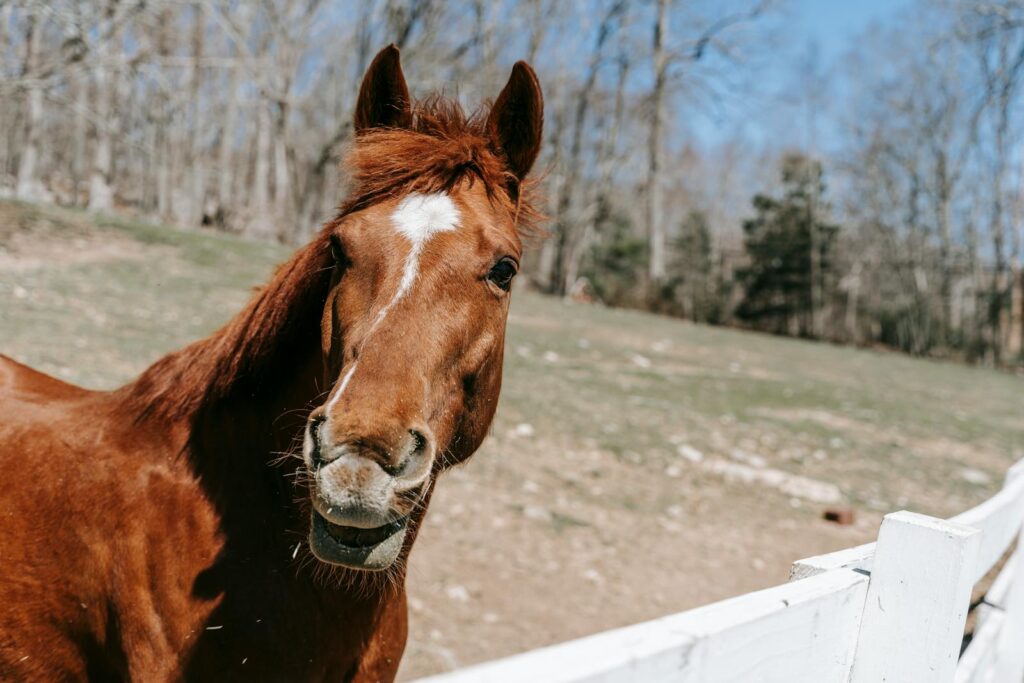
Contemporary horse naming increasingly reflects global pop culture and the internationalization of equestrian sports. Names inspired by movies, books, and songs—”Harry Potter,” “Khaleesi,” or “Beyoncé”—have become common in recreational riding stables around the world, reflecting owners’ personal interests and cultural touchpoints. Social media has influenced horse naming by encouraging Instagram-friendly, memorable names that work well as hashtags or account handles for equine internet celebrities. International competition has created pressure for distinctive, memorable names that announce themselves well over loudspeakers and look striking in competition programs. Despite these modern influences, many owners continue to incorporate traditional elements from their cultural heritage into their horse’s names, creating a global blend of innovation and tradition in contemporary horse naming.
The Psychology Behind Horse Naming
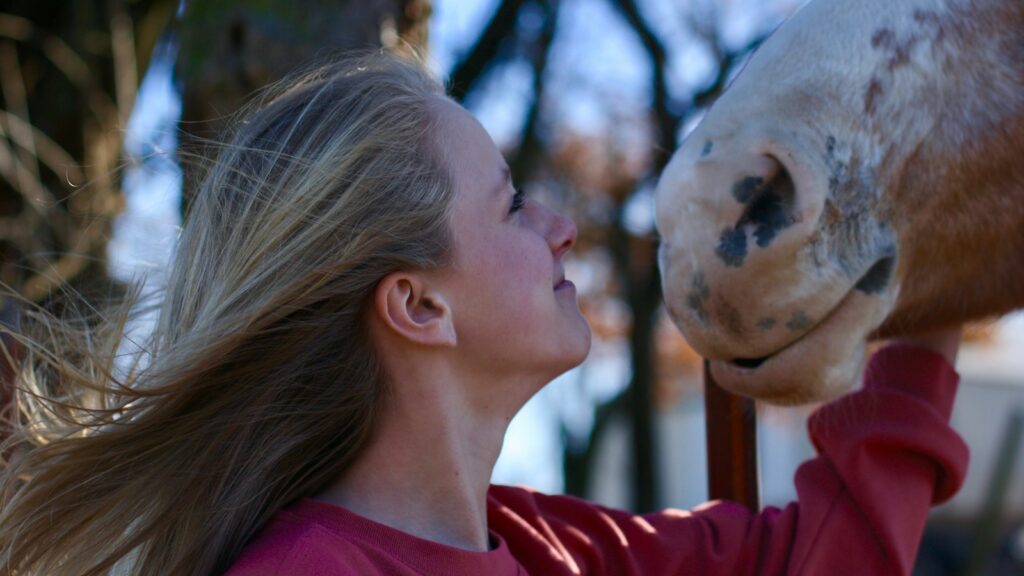
The names we give to horses reveal much about our relationship with these animals and our hopes for them. Research suggests that giving an animal a name creates a stronger human-animal bond by recognizing the creature’s individuality and personality, which explains why virtually all horse cultures develop naming traditions. Horse owners often project aspirations onto their animals through names—choosing “Champion,” “Victory,” or “Star” in hopes these qualities will manifest in the animal’s performance. The emotional attachment reflected in naming explains why many cultures have taboos against changing a horse’s name, believing it could bring bad luck or confuse the animal’s spirit. These psychological dimensions of horse naming highlight the deep emotional significance humans place on our relationship with these animals, seeing them not as mere tools or livestock but as individuals worthy of recognition through carefully chosen names.
From ancient traditions to modern trends, horse names across cultures showcase the enduring bond between humans and these magnificent animals. Whether drawing on ancient mythology, national pride, physical descriptions, or personal significance, the names we give to horses reflect our values and aspirations. Understanding these diverse naming conventions helps us appreciate the cultural differences and common human experiences that shape our relationship with horses worldwide. As equestrian traditions continue to evolve and blend in our interconnected world, horse naming practices will likely continue to reflect this fascinating mixture of innovation and heritage, carrying forward ancient wisdom while embracing new meanings relevant to contemporary society.

